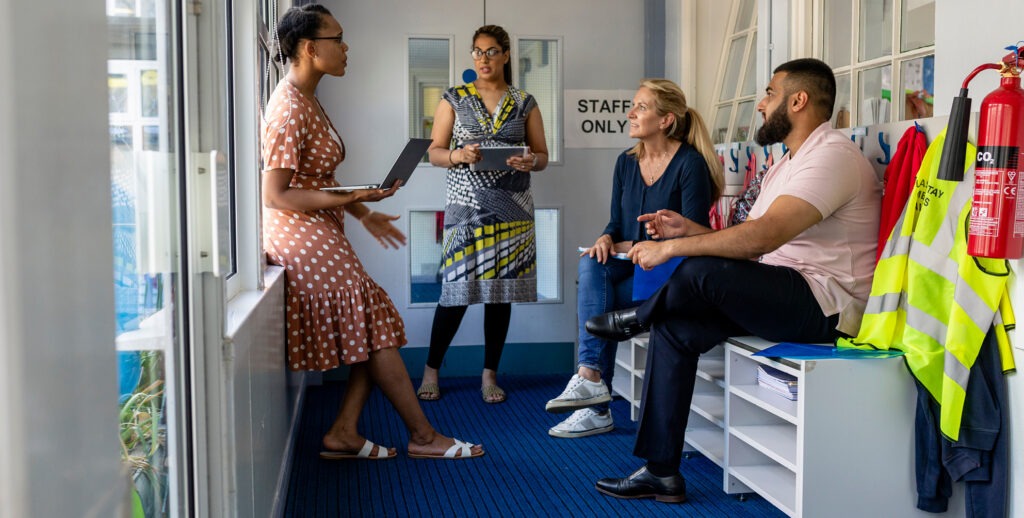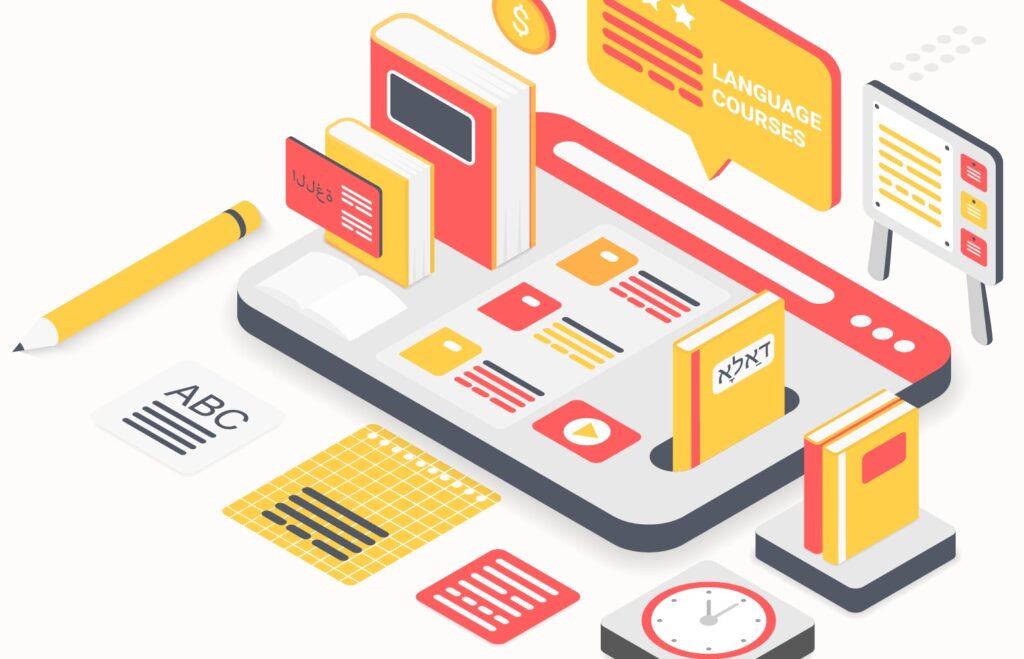ATA Advises California City Council on Language Access
Following Santa Maria City Council’s decision against adding live interpreting services to its meetings, ATA reminded the mayor and council members in writing of…
Read MoreATA Supports Interpreters Seeking Fair Pay in Nevada
ATA has written to Nevada’s Court Administration Office of the Eighth Judicial District Court in support of fair compensation for freelance interpreters working in…
Read MoreTranslators and Interpreters Working Together to Create a National Code of Ethics for Educational K-12 Settings
After years of borrowing from other fields of specialization, translators and interpreters working in K-12 educational settings are coming together to create a code of ethics and standards of practice that takes into account the reality of this environment and how multiple interpreting and translation specializations converge in this space. Find out how a multi-state team of professionals has taken the lead to standardize practice and advance the recognition of the role of professionals in this field.
Read MoreIs the Pen Mightier than the Sword, or How Much Do Words Really Matter?
In recent years, people have become more aware of how language, and specifically inappropriate terms, further sustain inequalities. While replacing outdated terminology with new, more appropriate, and inclusive words seems straightforward enough and can solve concerns around racist, ageist, or ableist terms, using inclusive language to remove inequalities doesn’t stop there.
Read MoreE75: Inside Specialization – Interpreting for Spiritual Care in Health Care Settings
Join podcast hosts Tatiana Cestari and Anne Connor as they discuss this overlooked specialty of interpreting.
Read MoreLots of Resources for LOTS Interpreters
Interpreters of languages other than Spanish (LOTS) don’t have the luxury of ready-made interpreting practice recordings/materials, complete with glossary keys for complicated terminology. They must be creative. Read on to discover lots of LOTS resources and come away better prepared to meet your professional goals.
Read MoreHard of Hearing Children and Dual Language Learning: Guidelines for Interpreters
Interpreters play a key role for hard of hearing future multilinguals as they receive services from audiologists and speech-language pathologists. As interpreters, we bring our creativity into the session to find solutions, working as a team with the provider to ensure the best possible intervention for the patient. How can interpreters complement and aid other professionals in their tasks? How do we help families along this journey without making it our own? Here’s some advice that stems from my experience and that of other professionals in the field.
Read MoreWhich iPad Is Best for Interpreting?
In this column, I’ll answer a question I encounter at least once a month: “Which tablet is best for interpreting?” After sharing why I’m…
Read MoreInterpreting in Rural Communities
Language access services that provide community interpreting remain concentrated in urban centers. As such, rural communities must rely upon remote access, a model that fails to account for the cultural specificity of rural life and livelihood. How are interpreters in rural communities adapting to meet the increased need for language access?
Read MoreDynamic Duos: How Interpreters and Speech-Language Pathologists Collaborate to Serve Children with Disabilities
Interpreting and speech-language pathology are professions centered in language and communication. So, what happens when these worlds meet? Learn how speech-language pathologists and interpreters in Minnesota have collaborated with the Minnesota Department of Education to develop dynamic training workshops to help language professionals serve linguistically diverse school districts.
Read MoreCreating Interpreting Price Quotes for the New Normal
There’s no doubt that 2021 was a difficult year—a difficult almost two years, actually. Every profession has been affected by the pandemic in a…
Read MoreThe Orange County Department of Education Multilingual Consortium: A Clearinghouse for Educational Interpreters
California’s Orange County Department of Education has spearheaded efforts to provide continuous professional learning opportunities for bilingual staff in educational settings nationwide. Learn how a robust language services program strategically addressed the challenges and effectively capitalized on the opportunities presented by the pandemic.
Read More








